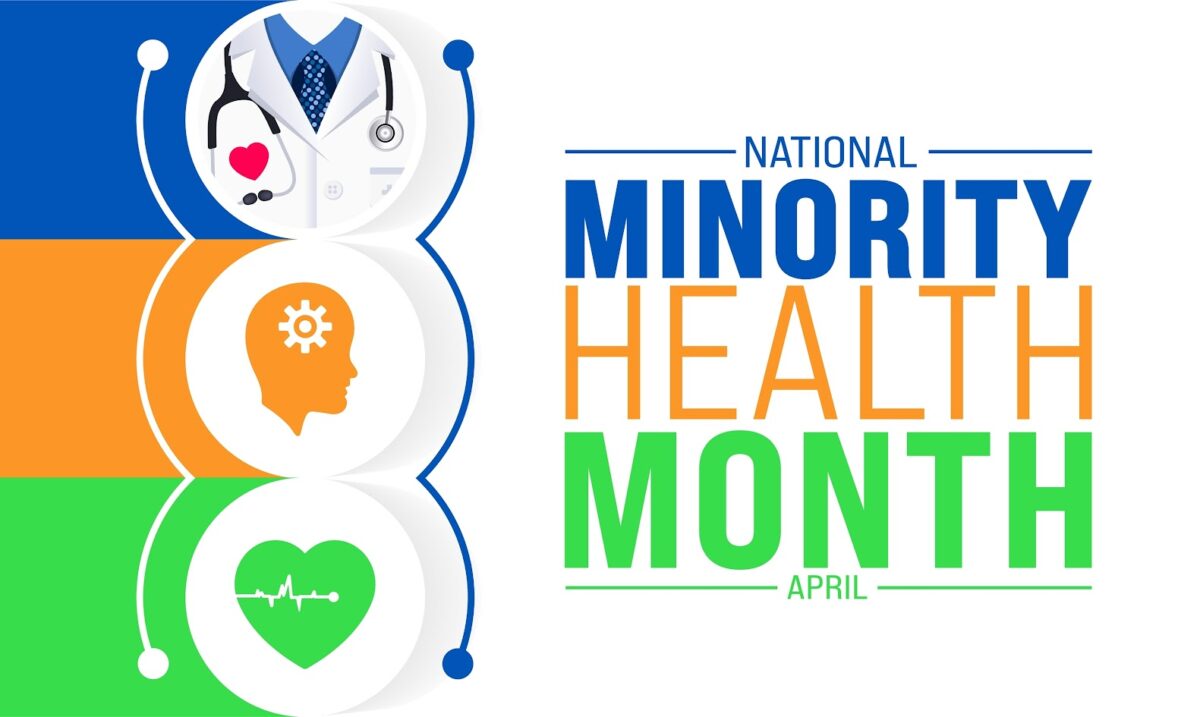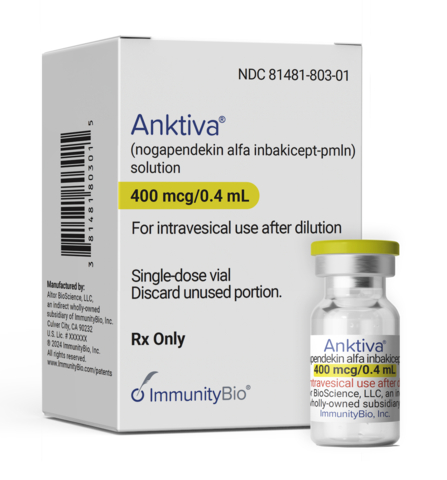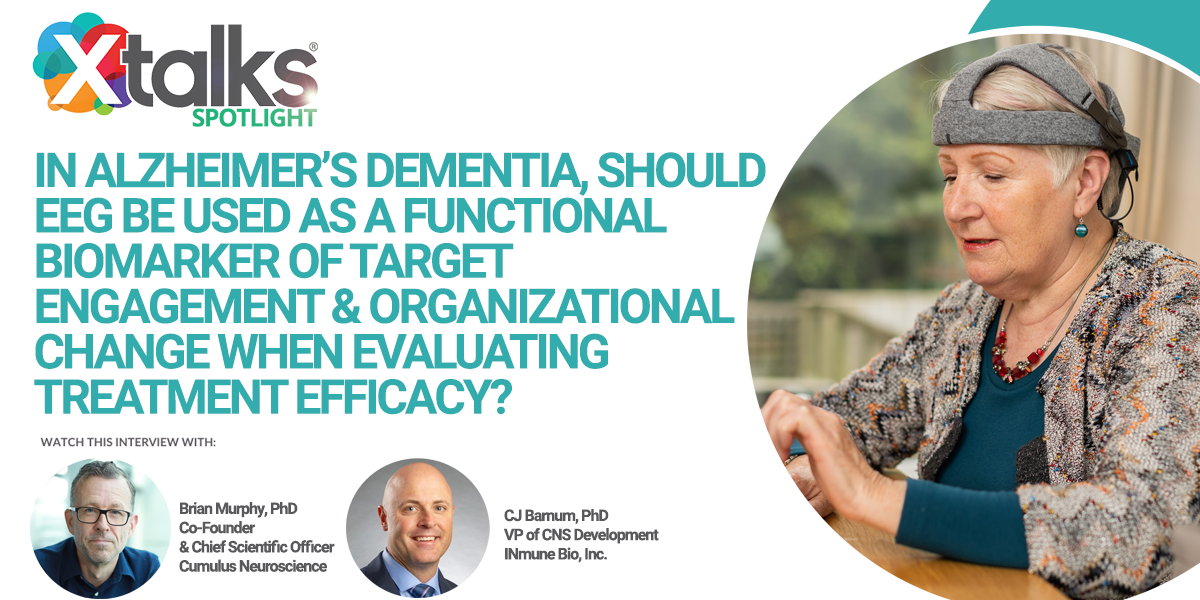Provention Bio’s Tzield (teplizumab) has won US Food and Drug Administration (FDA) approval to delay the onset of stage 3 type 1 diabetes in adults and pediatric patients eight years of age and older who have stage 2 type 1 diabetes.
In clinical trials, the treatment delayed stage 3 disease onset for about two years compared with the placebo.
The immunotherapy, which took 36 years to develop, has become the first drug approved to delay the progression of type 1 diabetes.
Provention Bio came to a commercialization agreement with Sanofi last month to market the drug in the US. As part of the deal, Sanofi will pay $35 million to Provention along with another $20 million to secure the right to first negotiation on exclusive global marketing rights when Tzield is approved in other countries.
Type 1 diabetes, also known as insulin-dependent or juvenile diabetes, is an autoimmune disease that occurs when the body is unable to make enough insulin due to destruction of the beta insulin-producing cells in the pancreas.
In the US, it is estimated that 1.45 million people are currently living with type 1 diabetes. Of these, approximately 30,000 will be eligible for Tzield but this could be higher given the likelihood of a larger population of undiagnosed patients.
Type 1 diabetes is typically diagnosed in children and young adults, but it can occur at any age. While most patients with type 1 diabetes don’t have a family history, there is a higher risk for the disease if a parent, brother or sister has type 1 diabetes.
Related: GLP-1 Agonists for Diabetes: Mounjaro Versus Ozempic
There are three stages of type 1 diabetes with stage 3 being the step at which a clinical diagnosis is made. Stage 2 is characterized by the presence of diabetes-related antibodies and abnormal levels of blood sugar. However, patients don’t typically experience symptoms until they’re diagnosed with stage 3.
Getting to a stage 3 diagnosis can involve significant health risks like ketoacidosis, which can be a fatal complication.
According to experts, delaying the final stages of type 1 diabetes could help save patients from taking insulin, monitoring blood sugar and monitoring their diet for a few years.
Tzield is administered as an intravenous 30-minute infusion once daily for 14 consecutive days. The drug is a CD3-directed antibody that destroys autoreactive T lymphocytes that attack insulin-producing beta cells, while increasing the proportion of regulatory T cells and exhausted CD8+ T cells in the peripheral blood that help manage the immune response to delay progression to stage 3 type 1 diabetes.
Tzield’s FDA approval was based on safety and efficacy data from a randomized, double-blind, event-driven, placebo-controlled trial involving 76 patients with stage 2 type 1 diabetes. The trial results showed that over a median follow-up of 51 months, 45 percent of the 44 patients who received Tzield were later diagnosed with stage 3 type 1 diabetes compared to 72 percent of the 32 patients who received a placebo.
Significantly, it took patients who received Tzield twice as long to progress from stage 2 to stage 3 disease — the mid-range time to stage 3 type 1 diabetes diagnosis was 50 months for Tzield-treated patients compared to 25 months for those who received a placebo.
In a conference call, Jason Hoitt, Provention’s chief commercial officer, revealed that Tzield will be priced at $13,850 per vial, which amounts to $193,900 for a 14-vial treatment schedule for the average-sized patient.












Join or login to leave a comment
JOIN LOGIN